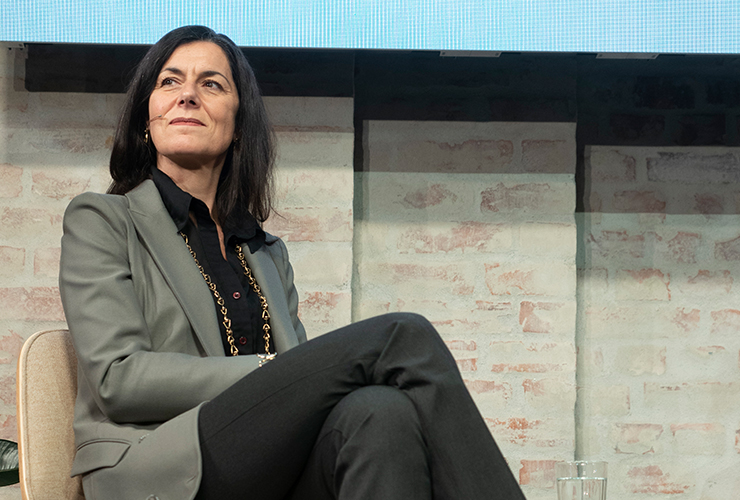“World peace depends on understanding between peoples. If peoples are to understand one another, it is essential that they have good information.”
With these words, in 1950, in the shadow of the Second World War, the founders of the International Press Institute (IPI) announced the creation of a global network dedicated to promoting press freedom, quality journalism and the free flow of news and information.
Today, over seventy years later, free and independent journalism remains a force for democracy, peace and mutual understanding, within and across national borders. Because it is only when propaganda is unmasked, when political manipulation is exposed, and facts emerge, that the absurdity of conflict becomes evident, and peace has a chance.
With this in mind, IPI commends the decision of the Norwegian Nobel Committee to award Maria Ressa and Dmitry Muratov one of the world’s highest honours, the Nobel Peace Prize, and so offer the world the opportunity not only to celebrate press freedom and journalism, but also to reflect on the risks that editors and journalists around the world face in order to deliver independent, accurate news; the harassment they meet, and the courage they need simply to carry out their jobs.
Every day journalists are attacked – and in some cases killed – simply because in many places this is an easy way to silence them; they are thrown into prison for crimes they never committed; they are insulted and threatened on social media; they are treated like traitors, terrorists, and criminals just because they dare to shed light on corruption and abuse of power or to question the government line.
Today, as the world is facing a global health crisis that is testing our ability to find common ground, and is testing the resilience of our fundamental rights, including press freedom, the recognition of Maria Ressa and Dmitry Muratov is a reminder to all of us that independent journalism is what gives us access to accurate information, what empowers us to participate in decision-making processes, and what allows us to hold our governments and institutions accountable. It’s what helps us to understand the opinions of our fellow world citizens, their fears, their aspirations, and their suffering and so develop compassion, empathy, and understanding. And it is – in digging for the truth – what helps us to overcome the challenges that we as a planet face.
As the societies we live in are more divided than ever before, as people are more and more singled out for their ethnicity, ideology, gender, race, or religion, as disinformation drives a wedge between us – it is accurate information that will bring us closer together. And that means that journalism, if allowed to flourish, to be free and independent, will bring us closer together.
In honouring Dmitry and Maria, we also honour the many other journalists around the world like them, who continue to do their jobs in the face of harassment and abuse, with courage, dedication, and a commitment to promoting the public interest of the societies they serve.
Like Maria and Dimitry, they deserve our support, our acknowledgment that press freedom is not a given, that quality journalism is achieved through hard work and often at great risk. They deserve our commitment that protecting the rights and safety of journalists is our priority.
